LEDlab
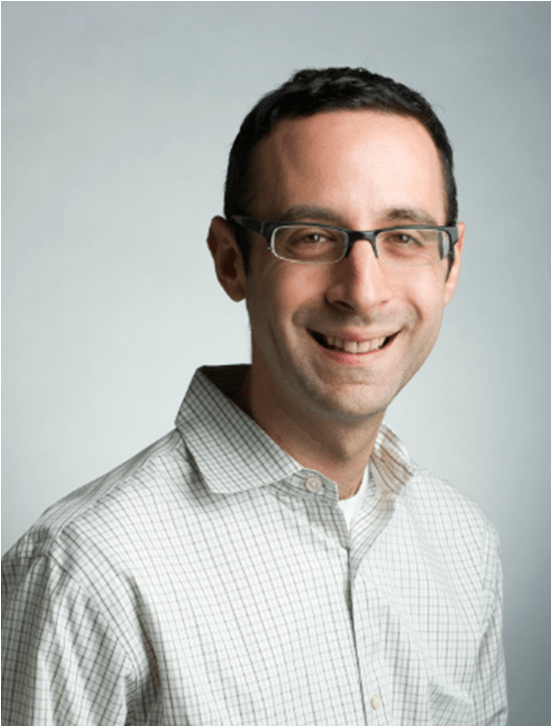
Dr. Derek Isaacowitz
My research focuses on emotional processes in the context of aging: emotional experience, emotion regulation and emotion perception. I use a variety of tools, from eye tracking to experience sampling, to investigate these processes both in the lab and in everyday life.
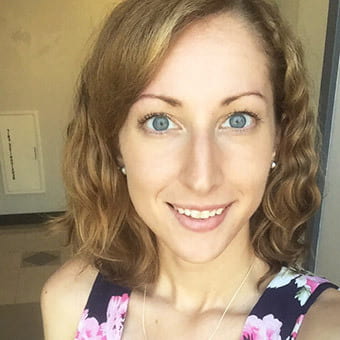
Marissa DiGirolamo
I am currently a Postdoctoral Research Associate in the LEDLab working on a study investigating attention in everyday life among older and younger adults using portable eye-tracking technology (Velux). I graduated from Boston College in 2013 with a bachelor’s degree in psychology and neuroscience, and a master’s degree in social psychology in 2015. I then completed my doctoral degree in social neuroscience from Brandeis University in May of 2020. My previous research broadly focused on the neural and physiological processes involved in the embodied understanding of another’s emotional state, specifically during interpersonal interactions. My current work focuses on understanding the emotional and motivational processes that contribute to healthy aging. Overall, my research interests include integrating both behavioral and physiological measures to understand biases in social interactions and individual differences in emotion regulation.
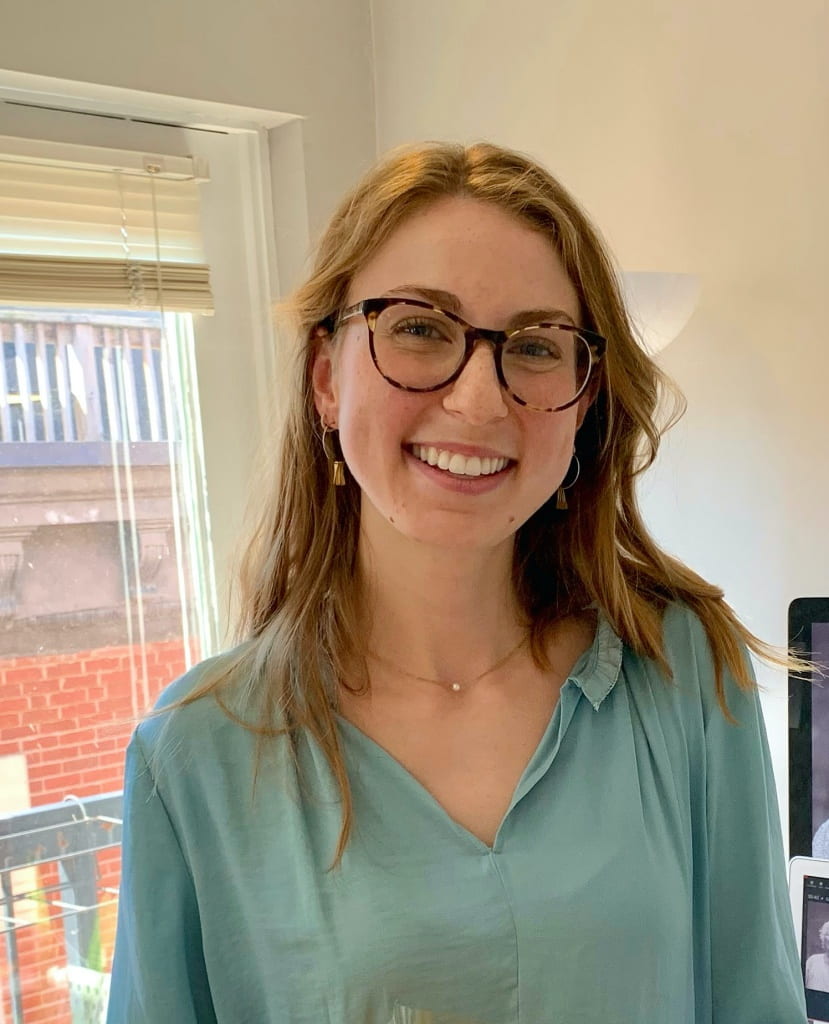
Hannah Wolfe
I am a graduate student working in Dr. Derek Isaacowitz’s Lifespan Emotional Development Lab. I use eye-tracking and physiological recording (EDA) to study how different emotion regulation strategies look in the body and may lead to different affective outcomes. I am particularly focused on how acceptance may function as an emotion regulation strategy and differ (in potentially beneficial ways) from other more active regulatory strategies. I observe acceptance through trait-level self-reports, state-level tasks, and I am currently attempting to assess whether more objective physiological indices could also be used to capture acceptance use. I want to determine whether the frequency of use and the unique affective outcomes of acceptance may change across the lifespan and thus help explain older adults’ high emotional well-being. Additionally, my background is in cognitive aging, and my future work will revisit the links between emotion regulation, motivation, and memory, while continuing to incorporate acceptance into my measures of emotion regulation and affective experience.
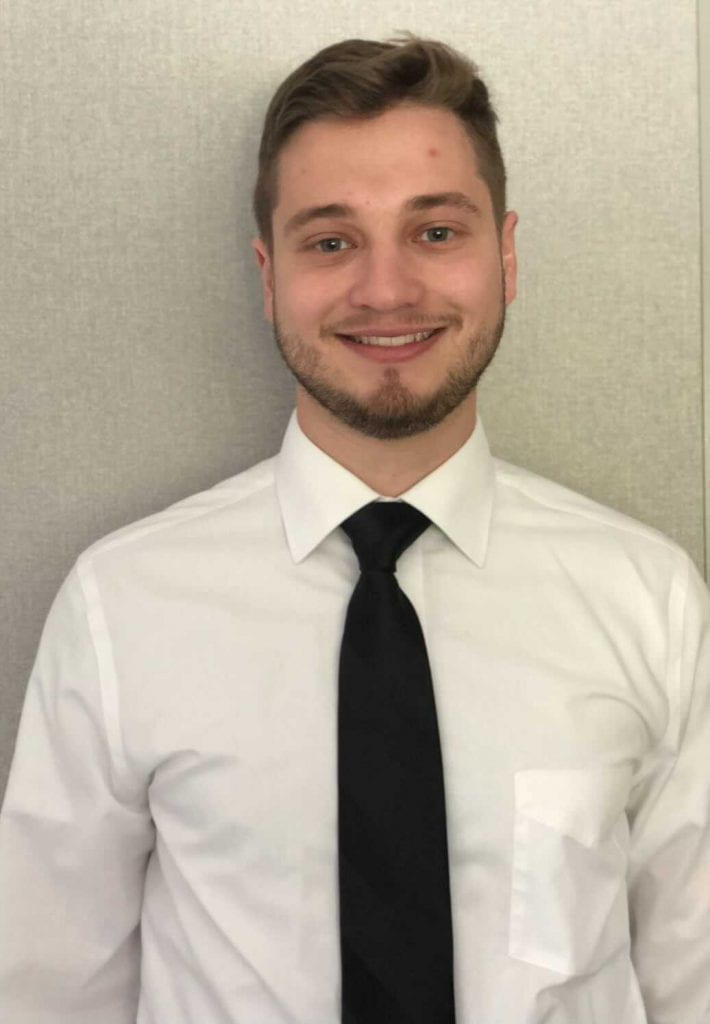
Paul Savoca
ARBA Clinical Research Coordinator. I received my B.S. in Psychology from Northeastern University and currently work as a Clinical Research Coordinator in the Interdisciplinary Affective Science Lab on a project in collaboration with the Lifespan Emotional Development Lab. The project focuses on how variation in affect regulation, as people age, may be implicated in individual differences of memory, brain structure and function, and resilience to age-related pathology. My other research interests include interoception and how individual variation may relate to clinical psychopathology.
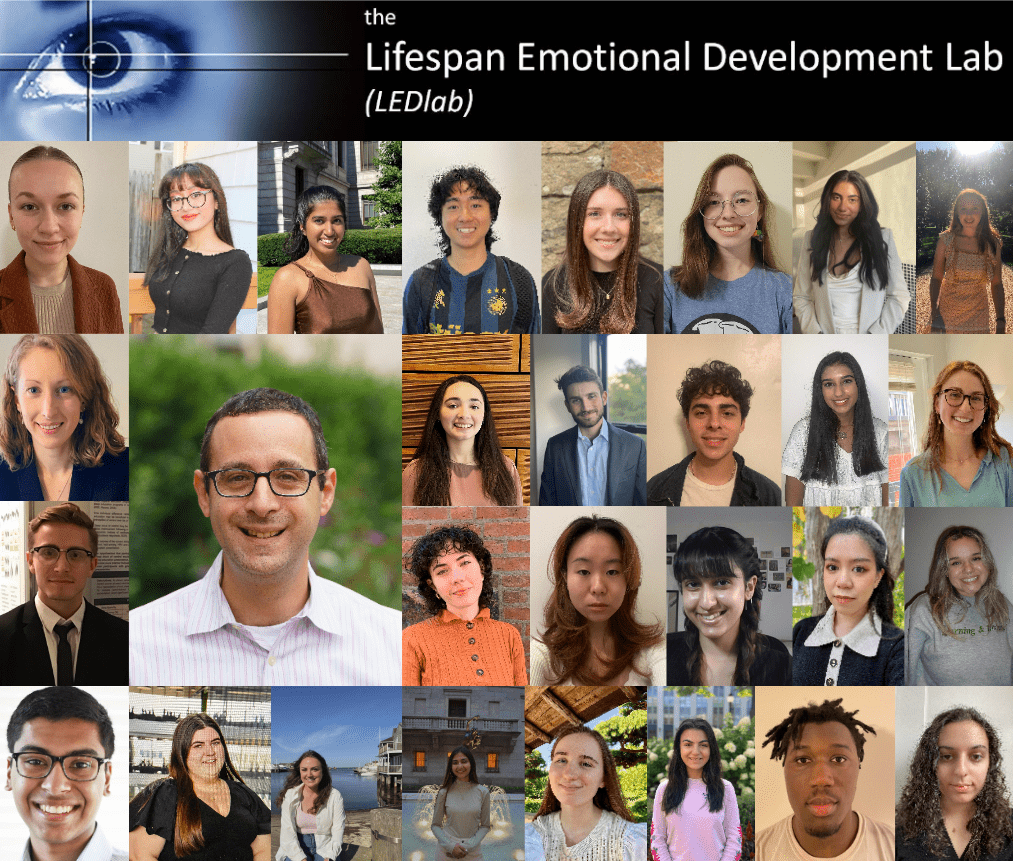
Alumni
- Eric Allard
- Vanessa Castro
- Yuen Wan (Spooky) Ho
- Nermin Kibrislioglu
- Mary Jo Larcom
- Kimberly Livingstone
- Monika Lohani
- Nora Murphy
- Matthew Murry
- Nhi Ngo
- Soo Rim Noh
- Katie Ossenfort
- Molly Sands
- Jennifer Tehan Stanley
- Isha Vicaria
- Christi Westlin
- Cai Xing
RAs
- Lily Richards
- Shreya Bhalla
- Nina St. Martin
- Jennifer Lamb
- Nataly Kaldawy
- Jon Benjamin Yrad
- Sanjana Archakam
- Rylin Lubash
- Cindy Nguyen
- Victoria Lypka
- Jylah Bah
- Melanie Neafus
- Gabriel Guon
- Emma Tusuzian
- Olivia Goldenberg
- Emilia Smith
- Shruti Patel
- Tsambika Rizas
- Kevin Zhang
- Ariel Emrani
- Marisa Lijoi
- Julie Tran